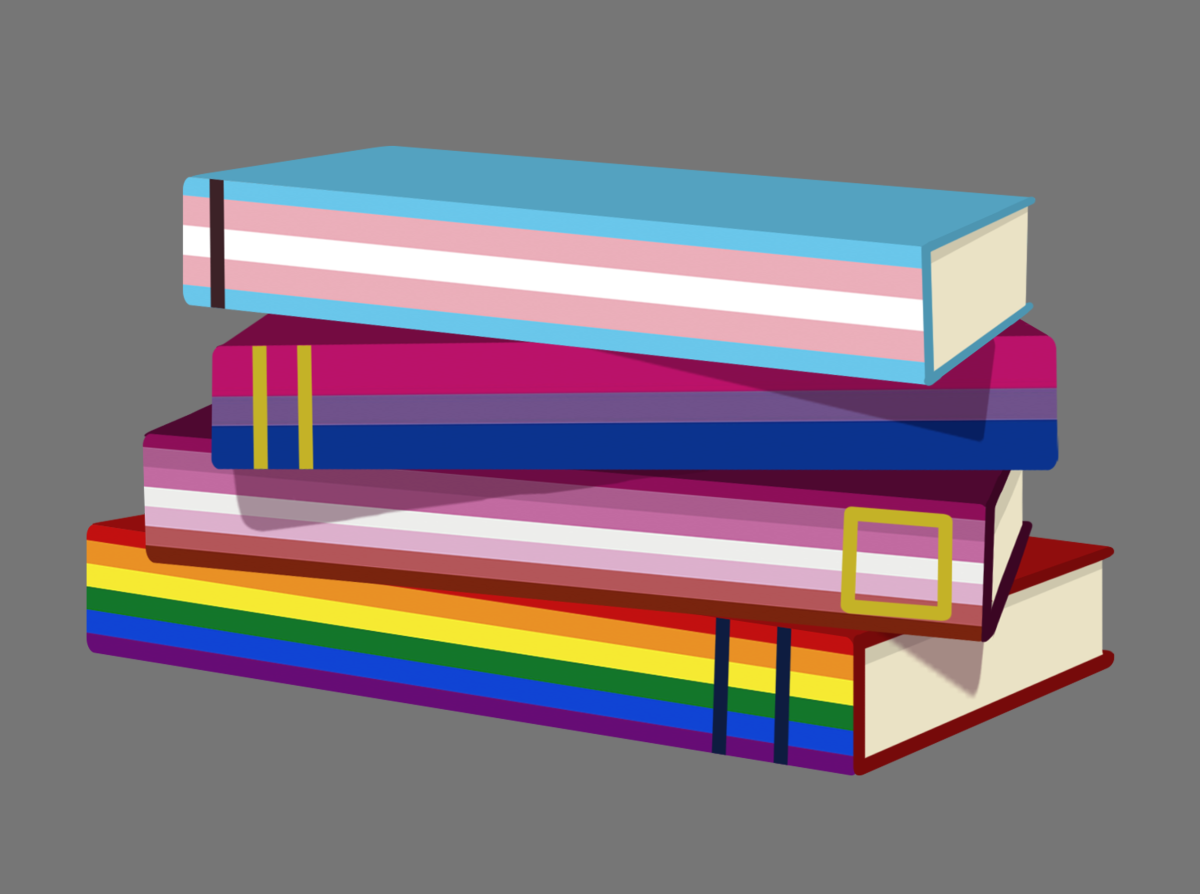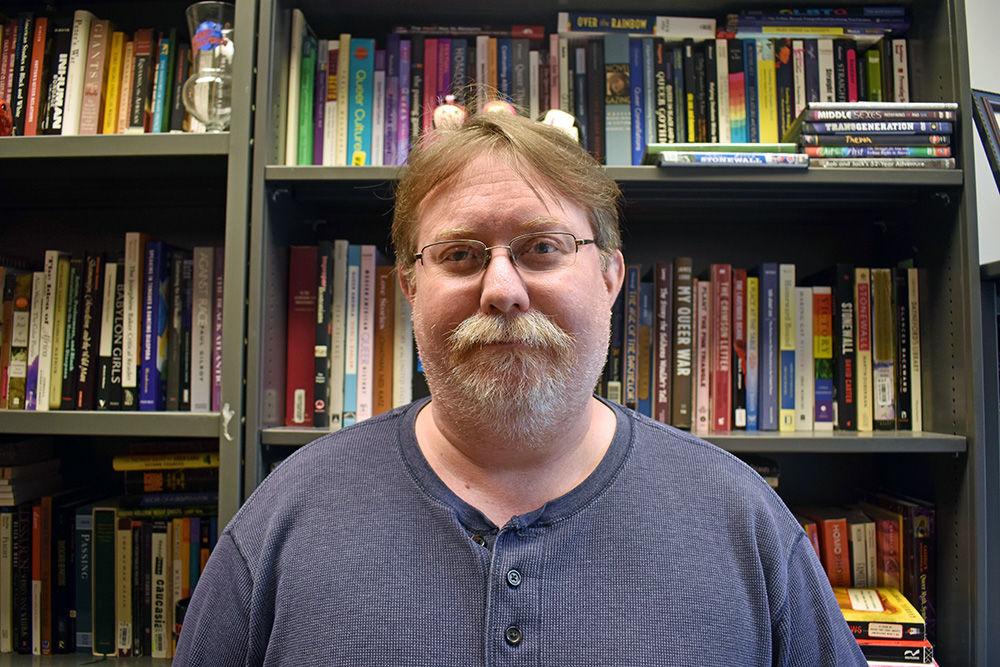While NC State is more commonly known for its STEM courses, the Department of English offers a variety of literature courses that reach from classic American literature to literature from early civilizations. One course that has struck interest in some students is the ENG 267 class, LGBTQI Literature in the U.S., taught by Gene Melton, a senior lecturer of English. This course focuses on U.S. literature that is written through the perspectives of many different sexual identities.
“[The class] surveys the canon of LGBTQI literature in the United States; it is focused solely on the U.S. literature,” Melton said. “We might have passing reference from writers from around the world, but the texts we focus on are from the U.S. It’s nice to do a kind of historical sweep, but also covering as many identities, categories, as possible.”
Melton teaches on the many different backgrounds of the LGBT community, encompassing perspectives from a multitude of identities. He makes an effort to give his students as wide a breadth as possible so that they can better understand the community.
“So after the historical overview, we start with Audre Lord’s ‘Zami,’” Melton said. “This semester we are now reading Craig Womack’s ‘Drowning In Fire’ which is a Native American, gay male perspective, and then we’ll turn next to a young adult novel that focuses on bi, poly [and] questioning identities. The final book we’ll read is a brand new novel by a trans writer. It’s called ‘Nevada’ and the author is Imogen Binnie.”
With so many identities and stories to discuss in such a short period of time, Melton wants his students to not just learn about these narratives, but also learn how to be open-minded and be able to learn from people who may not be like themselves.
“Open-mindedness: Being willing to read texts by whomever and to appreciate that every writer has a story to tell and that we can learn something from every writer we read,” Milton said. “Whether they exactly match our identities or not, we can still learn something important from reading a diverse range of voices.”
Melton also assigns a project to students taking the class, which is his favorite aspect of teaching this course. With this project, the students choose what they wish to present on as long as it relates to the LGBT community and literature.
“The term project allows students to say, ‘I want to do more with non-binary people.’ They’re free to do that,” Melton said. “They can do the project as a standard literary, critical research paper if they want, but I also allow a creative response. Over the course of the semester we read some texts by queer scholars who have queered the notion of what an essay is. That an essay doesn’t have to look the way an essay should look. You can play around with the page. I can throw a poem in the middle of my essay if I want to do it that way. The essay can become a performance piece. They can experiment with a form of their own work.”
Dana Chaya, a fourth-year studying political science, has previously taken the class and enjoyed it because of the range of identities covered. For her, though, the best part was learning about the trans-women’s identities.
“For me, I loved reading Susan Striker because she’s a trans-woman, and I’ve always wanted to understand people who are trans and what they go through,” Chaya said. “Because she’s becoming a trans-woman and she talks about the transgender rage. She embraces the monster. There was one that we read about Frankenstein — her letters to Victor Frankenstein — and she’s expressing herself so eloquently but with rage.”
Chaya not only enjoyed learning about the different identities, but also how the class itself was taught. She spoke about the enthusiasm and care that Melton brings to class.
“You know how sometimes you have to drag yourself to class?” Chaya said. “[Melton] is the type of professor that makes you want to come to class…. he makes it so interesting, and he wants to hear from the students, so he’ll let everyone speak and have their turn and then he’ll ask more questions.”
With a wide breadth of perspectives that are covered throughout the class, this class is for anyone interested in reading through a different perspective. This class is open to everyone and is a “safe space”, according to Melton, for anyone who wishes to learn about this community. Though to Chaya, it was a great experience for her that she would suggest anyone to take.
“So if you want to take something where you’re going to have fun while also learning, that’s why I suggest that class,” Chaya said.
Gene Melton, a senior lecturer in the English department, teaches the LGBQTI Literature in the U.S. course. This course consists of a chronological survey of works of literature by and about gay, lesbian, bisexual, transgender, questioning, and intersex communities in the U.S.














